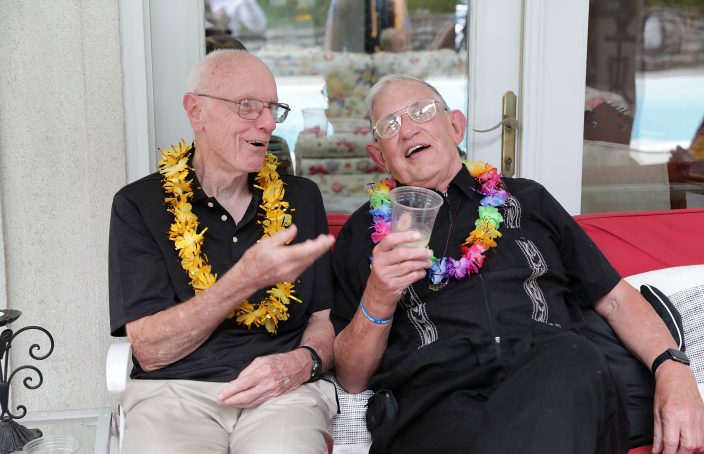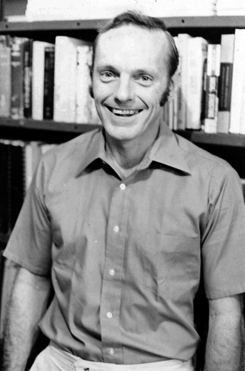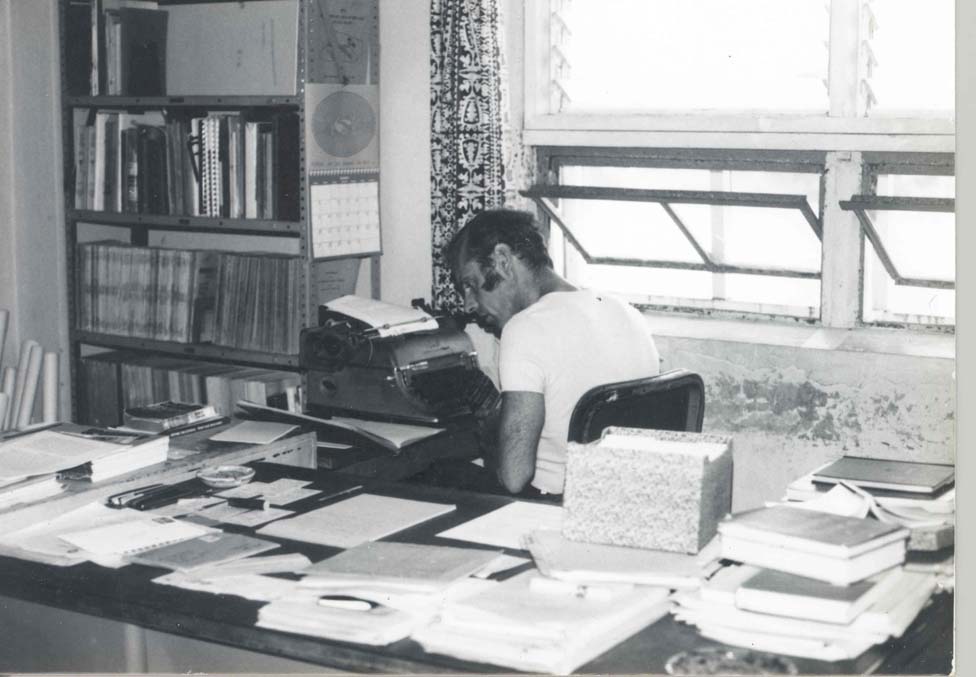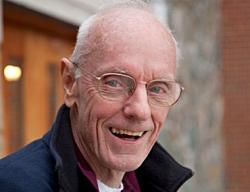A Few Things to Share on Aging
We are supposed to write and speak of what we know, right? Well, I am becoming something of an expert on what it means to be old. So, let me share with you some of what I have learned about aging, as the OG—as my basketball buddies kindly put it.
“Cramped” is the first word that comes to mind. Not just with physical aches and pains, but in other ways as well. I notice that my handwriting has become smaller and more cribbed, to the point where it is often illegible even to the writer. But that word “cramped” can also refer to other things—like the scrupulosity about wasting anything: plastic cups and bags, for instance, which I once considered disposable. Even sheets of note paper can be turned over and reused until there is no space for even a short memo to myself. You don’t have to be a “save the earth” devotee to do this; it seems to come naturally with age.
“Physical limitations” is another obvious effect. I recognize that long runs, even by my own modest standard, are now out of the question. Gone also are the full-court basketball games that I once enjoyed (although I still stubbornly cling to the belief that I can handle half-court games, providing the other players are not in their prime of life). So far, so obvious. But this has other more subtle impacts on the old-timer. If I can’t enjoy the thrill that comes from making the endorphins jump through the satisfying workouts I once did, do I look for thrills in other ways? Or do I just settle back into something close to monotony?
“Forgetfulness” is really another kind of “cramping.” Sure, the failure of us old people to remember names has become a standard joke, but the memory loss also includes vocabulary items—technical terms like “deposition” or “anesthesia” as well as much simpler words. This makes simple conversation halting, and writing even simple essays (like this column) more taxing than it would have been a few years ago. For me this is a real concern because writing has always been one good way of getting those endorphins moving.
“Early retirement” is still another effect of age. This doesn’t mean retirement from work at a relatively early age; it means retirement to the familiar territory of an earlier age. We may have under-appreciated the past when we were living through those years, but they have become home for us in our old age. I could listen forever to those charming old songs—the kind some TV channels tempt us with as they advertise those golden oldies from a certain age. As I listen to them, I welcome the shivers of sentimentality they induce. Another part of this retirement is the fascination with my personal past, something that takes the form of replaying old mental films of experiences of long ago. Clinging to fond memories is a common part of aging. In fact, often we old-timers seem to be living in yesterday rather than today.
“Emotional outbursts,” typical of old-timers, take two forms. The first is the impatience or crankiness often associated with the elderly. But why not? Forgive the flashes of anger, but at our age aren’t we entitled to speak our mind, to call things what they are? The second kind of emotional display, though, is one of sympathy. When I pick up the paper and read about the nasty things being done to people, I’m surprised to find my throat tightening and my eyes close to watering. Since when did I begin taking accounts of the suffering of others so personally, I ask myself. I don’t remember my heart aching with pain while reading the daily news during my twenties and thirties. I guess it’s just another effect of old age.
“Simplicity” means different things, all of them relevant here. Even if we hoard books and clothes, we seem to be engaged in cleaning out our mental attic. We can more easily dispose of the junk because fewer things seem to matter as we age. At long last we begin to understand what life is about, and so our worldview is simplified. We retain fewer but stronger ideals. Part of the garbage that we dispose of are the disguises we used to wear in order to present the best possible image of ourselves. As our pretense is stripped away, we develop a much sharper understanding of ourselves, with all our limitations. We recognize at long last that we are not the center of the universe after all. This, I like to think, is what could be called wisdom.
Not everything about aging is bad.








